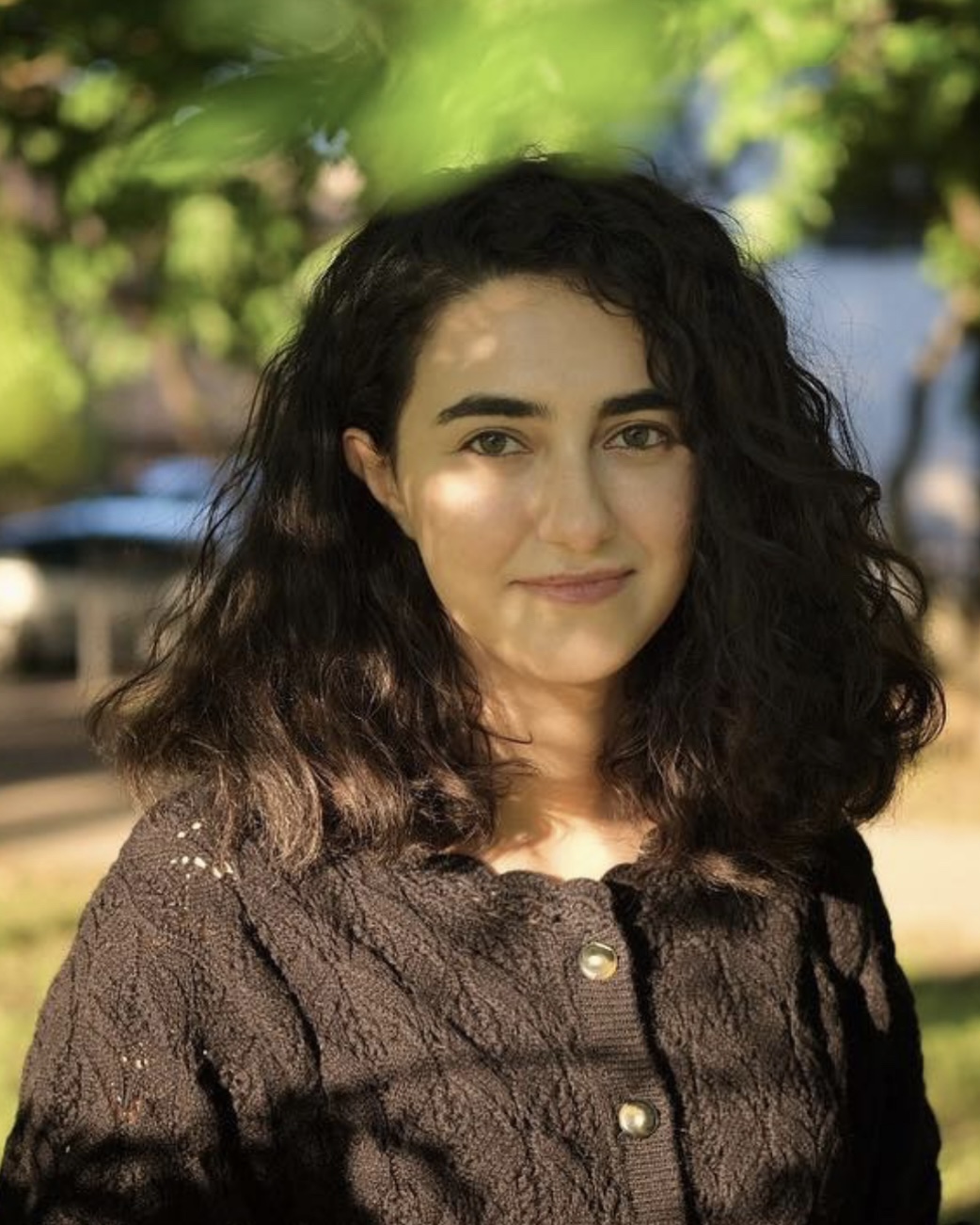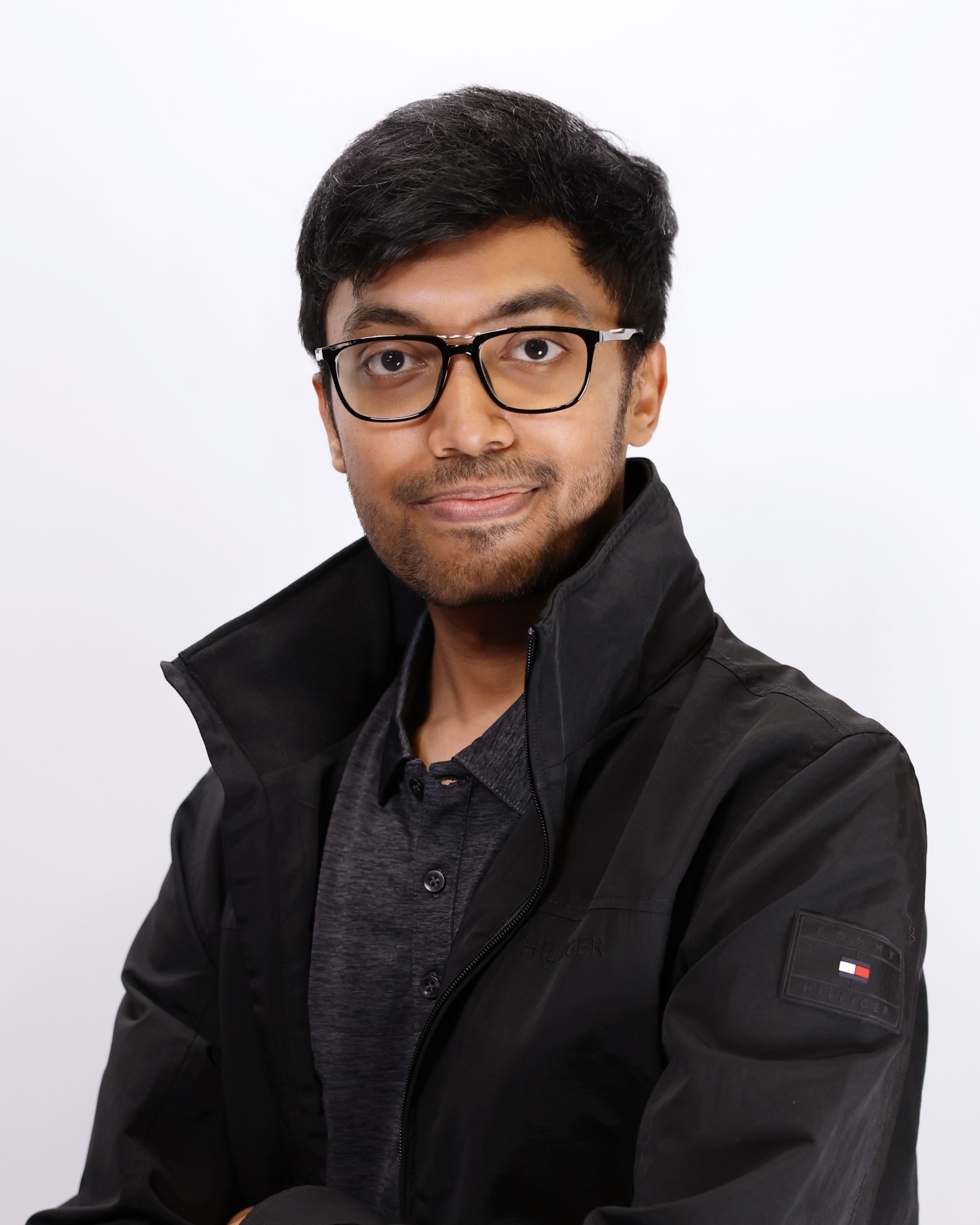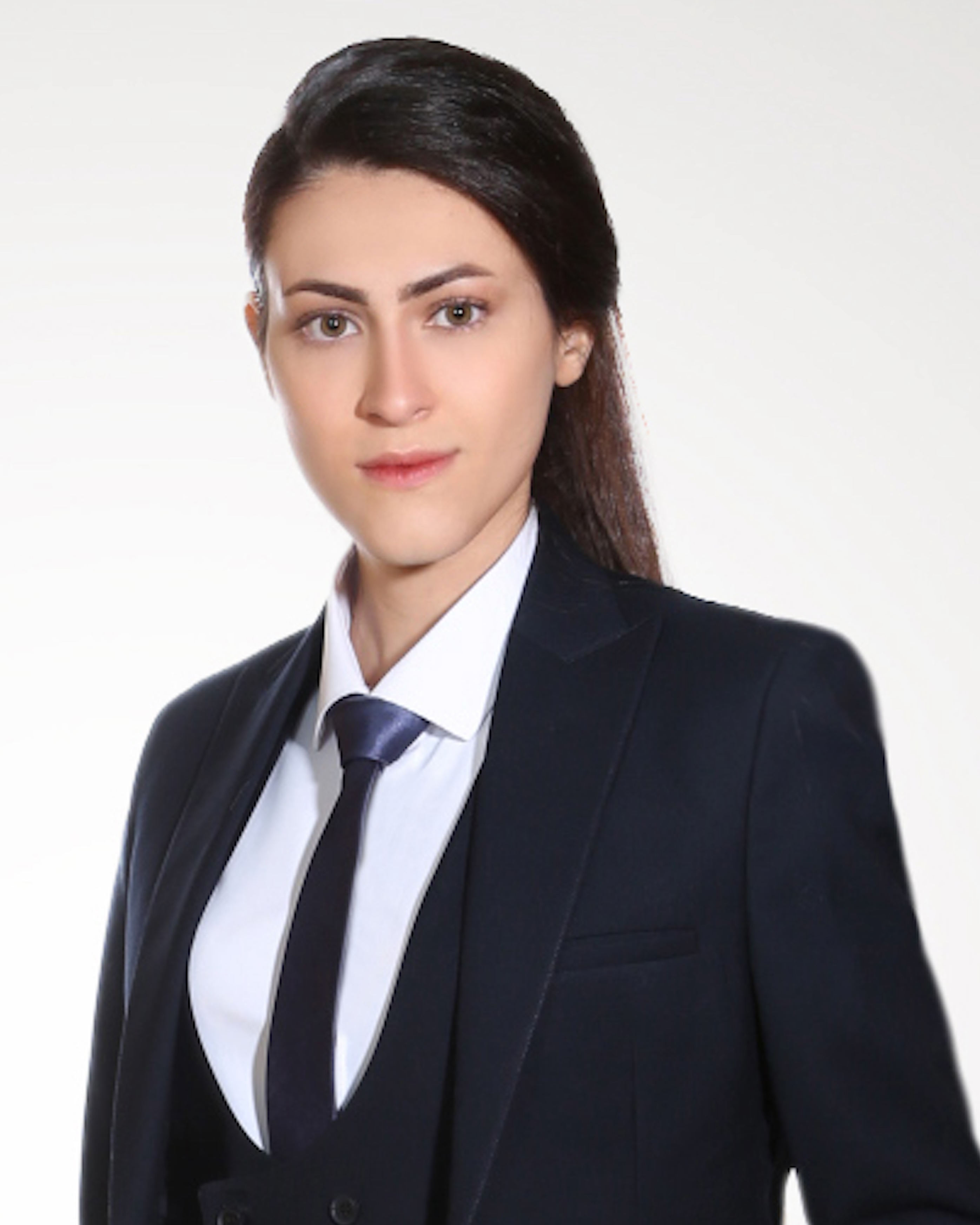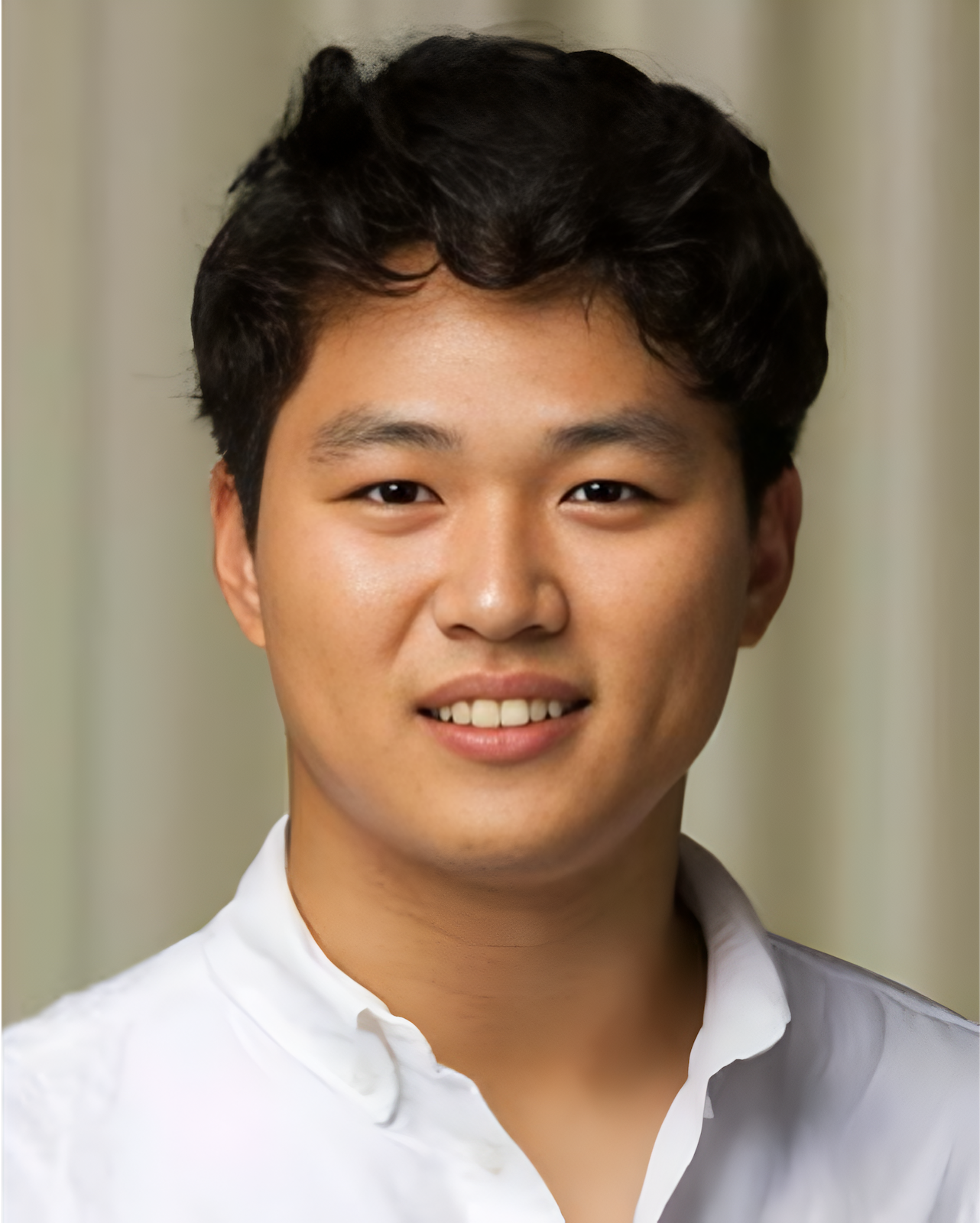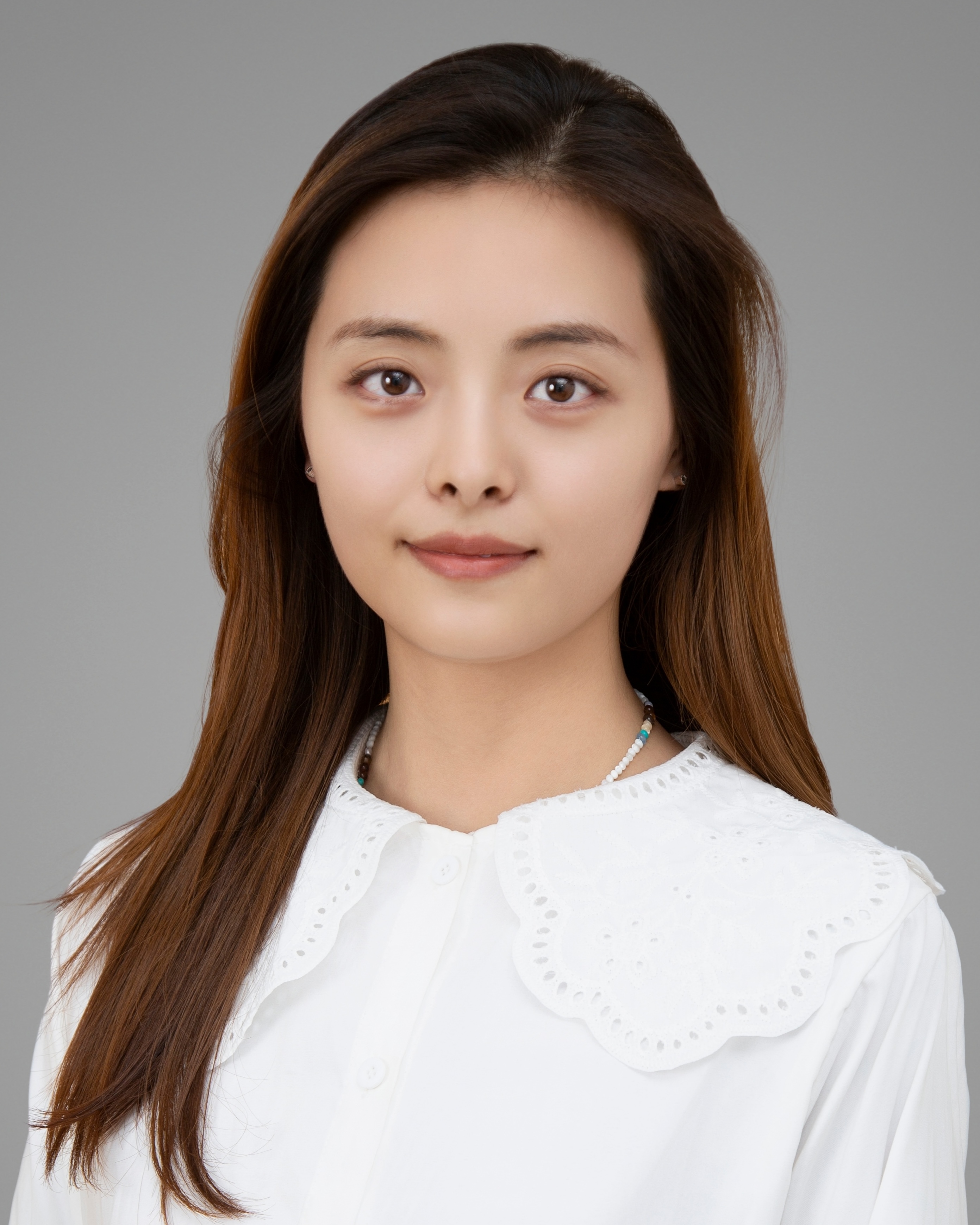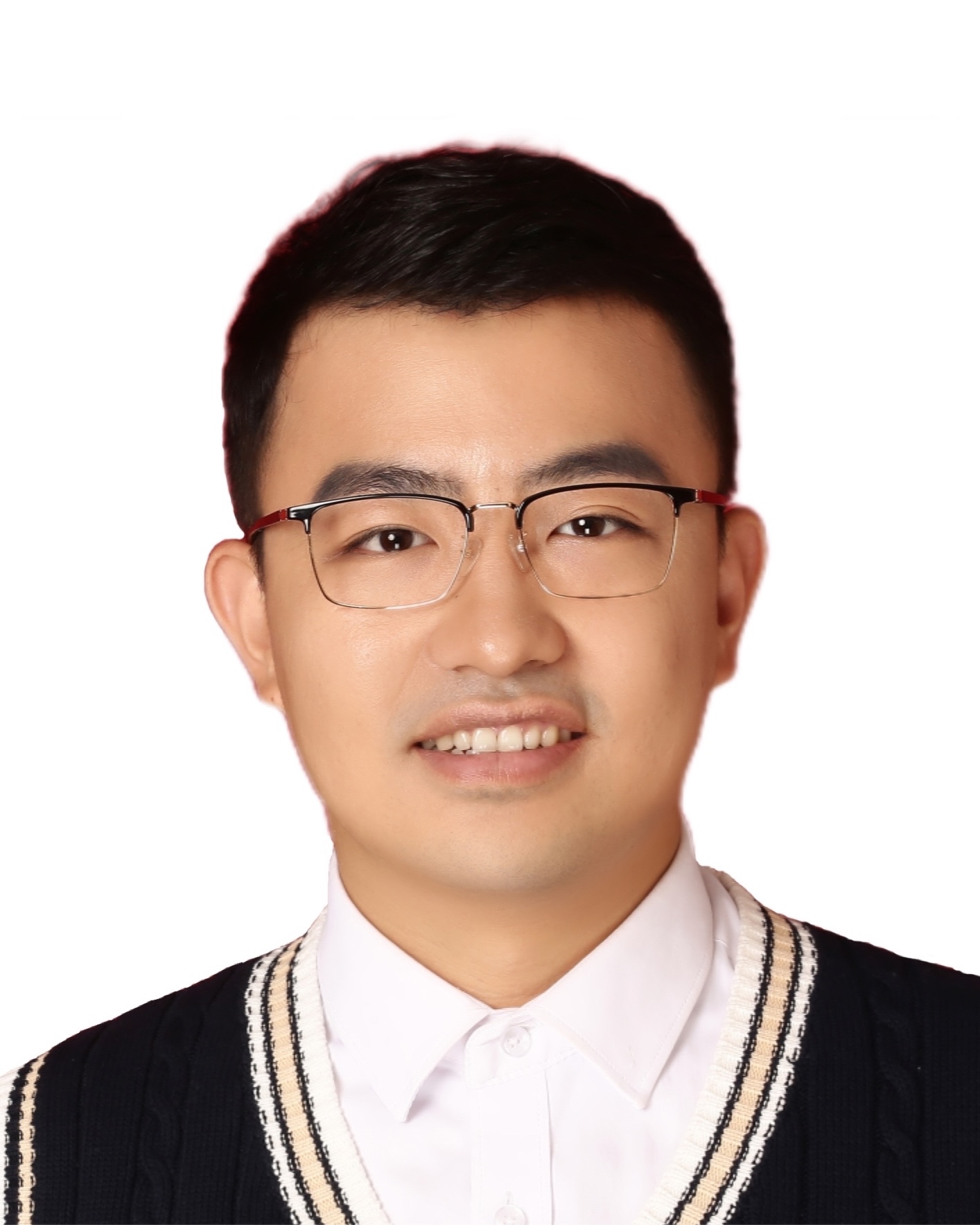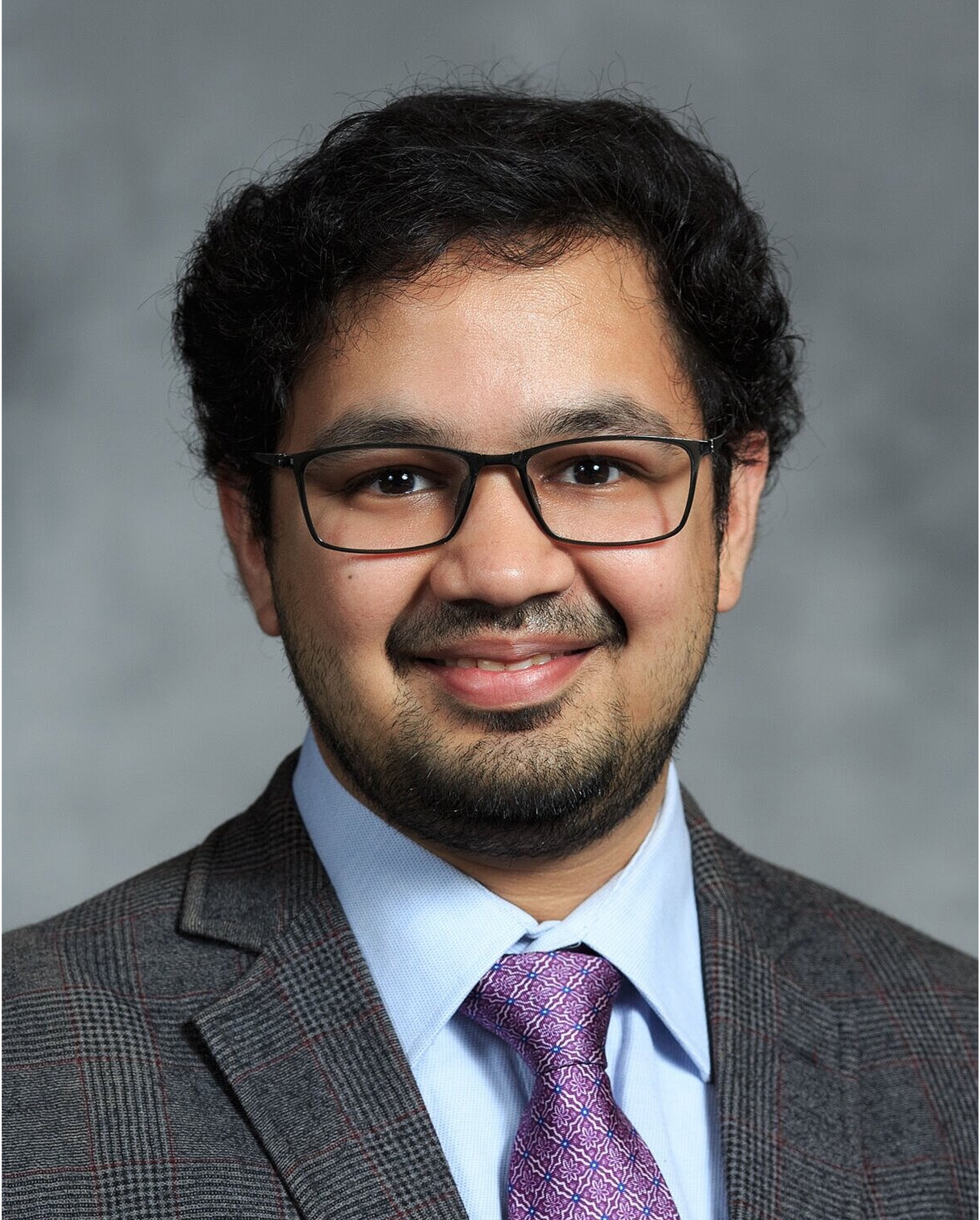Principal Investigator
Mohsen Moghaddam, PhD
Mohsen Moghaddam is the Gary C. Butler Family Associate Professor in the H. Milton Stewart School of Industrial and Systems Engineering and the George W. Woodruff School of Mechanical Engineering at Georgia Tech. His research focuses on building human-centered computational models, algorithms, and tools at the intersection of AI and spatial computing to enhance learning and creativity in various industrial use cases. Previously, he was an Assistant Professor at Northeastern University in Boston. He has also served as a Visiting Professor with the HumanTech project at Politecnico di Milano and as a Visiting Scholar at the Next Level Lab, Harvard University. Dr. Moghaddam earned his PhD in Industrial Engineering from Purdue University and completed a Postdoctoral Associate position at the GE-Purdue Partnership in Research and Innovation in Advanced Manufacturing. His research has been supported by NSF, DARPA, the U.S. Navy, and industry partners.
Blank Space ()
(text and background only visible when logged in)
(text and background only visible when logged in)
Postdoctoral Researchers
Pantea Habibi
Pantea Habibi is a Postdoctoral Fellow in the H. Milton Stewart School of Industrial and Systems Engineering at Georgia Tech. She earned her Ph.D. in Computer Science from the University of Illinois Chicago, where her dissertation examined how lateral asymmetry impacts user performance in mid-air input, comparing the use of preferred, non-preferred, and both hands. Her research is at the intersection of HCI, XR, and human-centered AI, with a focus on input and interaction techniques. Pantea has collaborated on interdisciplinary projects spanning healthcare, finance, AI explainability, and VR rehabilitation. She specializes in conceptualizing interaction techniques, prototyping and integrating multimodal XR applications, and human-subject experiments. Her work produces evidence-based design principles for emerging XR applications. At SAIL, she focuses on adaptive XR systems that enhance learning, decision-making, performance, and accessibility in industrial contexts.
Blank Space ()
(text and background only visible when logged in)
(text and background only visible when logged in)
PhD Students
Sakib Reza
Sakib Reza is a PhD student specializing in computer vision and intelligent extended reality (XR), co-supervised by Dr. Octavia Camps at Northeastern University. His focuses on advancing video understanding, multimodal egocentric perception, and video-language models. His current work centers on developing multimodal egocentric perception capabilities for XR applications. Sakib’s research aims to understand user actions and activities in task-oriented scenarios, contributing to the creation of intelligent XR systems that provide context-aware guidance and enhance human capabilities across various tasks. Before joining SAIL, Sakib completed his undergraduate degree in Computer Science and Engineering from Khulna University of Engineering & Technology, Bangladesh. He then worked as a software engineer at Samsung Research for a couple of years, contributing to innovative projects and laying the foundation for his current expertise in computer vision and XR.
Parisa Ghasemi
Parisa Ghasemi is a Ph.D. student in the George W. Woodruff School of Mechanical Engineering at Georgia Tech, advised by Dr. Mohsen Moghaddam. Her research focuses on developing intelligent systems that enhance empathic, creative, and user-centric design by integrating design principles, generative AI, XR, and multimodal data analysis. Passionate about empowering designers to uncover latent user needs, she aims to drive breakthrough innovations. During her M.S. at Northeastern University, she advanced AI creativity by modeling abstract concepts like novelty, diversity, feasibility, and proportionality, resulting in cutting-edge systems, including a multi-agent vision-language framework and a multi-criteria-aware GAN model. Her interdisciplinary approach bridges theory and practical applications to address complex challenges. Beyond research, she is deeply interested in moral philosophy, shaping her perspective on empathic design and innovation.
Akhil Aji
Akhil Aji is a PhD student in Machine Learning at Georgia Tech, advised by Prof. Mohsen Moghaddam. His research focuses on enabling seamless communication and collaboration between humans and robots in various industrial settings. He explores multimodal interaction techniques such as gaze, gesture, and speech to enhance robot understanding of human intent in industrial tasks. His work integrates augmented reality (AR), machine learning, robotics, and IoT technologies to create intelligent systems for human-machine collaboration. Akhil holds a Master’s degree in Robotics from Northeastern University, where he gained expertise in advanced robotic systems, computer vision, and human-robot interaction. His interdisciplinary approach spans fields like robotics, computer vision, and machine learning, aiming to bridge the gap between humans and robots in dynamic, real-world environments.
Steven Yoo
Steven is a PhD student specializing in Intelligent Extended Reality (XR) and user modeling. His research focuses on human factors and ergonomics, particularly in developing multimodal expertise estimation models for XR applications. He seeks to understand novice-to-expert transitions and explore how systems can dynamically recognize and assist users based on their unique needs measured through various physiological signals, such as gaze pattern, pupil size variation, galvanic skin response (GSR), electrocardiogram (ECG), and hand/body tracking. Before joining his current lab, Steven earned an M.S. from New York University, where he contributed to research in learning sciences and educational technology. Actively involved in research and teaching, he strives to make complex topics accessible to diverse audiences. Outside academia, Steven is a coffee enthusiast ☕, always on the hunt for the perfect brew.
Mahya Qorbani
Mahya Qorbani is a PhD student in Machine Learning and a Master’s student in Computer Science, co-supervised by Dr. Kamran Paynabar and Dr. Mohsen Moghaddam. Her research interests include bridging multimodal data, natural language processing, and signal processing, with a particular focus on multimodal data integration. At SAIL, Mahya’s research focuses on user behaviors in task-driven scenarios to design advanced XR systems that provide adaptive, context-sensitive support, enhancing efficiency and effectiveness in real-world applications. Before joining SAIL, Mahya collaborated with the Department of Energy and Samsung on signal processing projects, employing methods such as Fast Fourier Transform, Denoising Autoencoders, and Regression Models. She also has experience in anomaly detection within temporal multilayer social networks, utilizing Generalized Linear Models and State-Space Models to analyze complex systems.
Seok Joon Kim
Seok Joon (Joon) Kim is a Robotics Ph.D. student in the George W. Woodruff School of Mechanical Engineering at Georgia Tech. His research advances human-robot collaboration by enabling robots to interpret and respond to human intent in real time, while allowing humans to anticipate robot actions through XR. He leverages egocentric perception to capture user actions and intentions to facilitate teleoperation, shared autonomy, and intuitive interaction. Joon’s research centers on Hand–Object Interaction for modeling human intent in prediction and dexterous grasping, and on Shared Autonomy, where robots refine imperfect human commands to enable natural, trustworthy collaboration. Joon earned a Master’s in Robotics from ETH Zurich and a Bachelor’s in Aerospace Engineering from TU Delft (Cum Laude). He also worked at Maxst (AR/VR) and Neuromeka (Robotics) in South Korea, focusing on 3D vision and mobile manipulation.
Austin Graves
Austin Graves is a Robotics PhD student in the George W. Woodruff School of Mechanical Engineering at Georgia Tech. His research focuses on advancing VR embodiment and humanoid robot teleoperation through the design and implementation of wearable haptic and force-feedback devices. Austin aims to enhance operator awareness and control in immersive teleoperation by developing systems that facilitate intuitive, bidirectional interaction between users and humanoid robotic platforms. His interdisciplinary work integrates robotics, HRI, XR, and mechatronic system design to foster technologies that enhance safety, dexterity, and situational awareness in remote and collaborative environments. Austin earned his B.S. in Mechanical Engineering with a concentration in Automation and Robotic Systems and a minor in Robotics from the Georgia Institute of Technology. He enjoys making things and serves as a master of the XR tool group at the Georgia Tech Invention Studio makerspace.
Blank Space ()
(text and background only visible when logged in)
(text and background only visible when logged in)
Former Students and Researchers
Chenxi (Chelsea) Yuan, PhD
Chenxi (Chelsea) Yuan is an Assistant Professor of the Department of Informatics at Ying Wu College of Computing, New Jersey Institute of Technology. Before that, she was a postdoctoral researcher mentored by Prof. Rebecca A. Hubbard and Prof. Kristin A. Linn in the Department of Biostatistics, Epidemiology, and Informatics at the Perelman School of Medicine, University of Pennsylvania. She obtained her PhD in Industrial Engineering at Northeastern University in 2022, under the supervision of Prof. Mohsen Moghaddam. Her work focuses on deep learning approaches that facilitate precision medicine and equitably improve health outcomes. She develops deep generative models to generate complete medical data, such as MRI and electronic health records, for under-represented populations. Her focus is on algorithmic fairness in machine learning models that predict prevalent public health diseases like Alzheimer’s and breast cancer.
Yi (Jade) Han, PhD
Yi (Jade) Han is a Machine Learning Scientist at Flagship Pioneering FL100, specializing in designing, developing, and evaluating NLP models. His PhD research was focused on exploring LLM-based methodologies for need finding in engineering design, specifically for language modeling, sentiment analysis, text summarization, and question answering, accelerating concept generation in engineering design. Jade believes that the future of LLMs lies in agentic systems and is currently focused on developing agentic frameworks to address issues like LLM hallucination. Jade's research lies at the intersection of Aspect-Based Sentiment Analysis (ABSA), Aspect-Guided Text Summarization (AGTS), Named Entity Recognition (NER), and latent needs identification. While computationally driven, he aims to extend their work into practical applications such as hybrid human-machine interaction systems, new product development, and implementing sustainable and resilient innovation strategies.
Varun Phadke
Varun Phadke is a PhD student at the Technical University of Munich and a Research Associate at the Center for Digital Transformation within the TUM School of Management. He earned his master’s degree from Northeastern University, where he was advised by Prof. Moghaddam and conducted research at SAIL and Ghost Labs. Varun’s research interests lie at the intersection of virtual and augmented reality, human–computer interaction, empirical research methods, experimental design, and digital transformation. His work explores how immersive technologies can enhance complex psychomotor training and human–AI collaboration. He is an inductee of Northeastern University’s Lux Veritas Virtus Society of Distinction and co-authored a paper presented at the 2024 IEEE International Symposium on Mixed and Augmented Reality (ISMAR) Adjunct, titled “Exploring the Distinctive and Synergistic Affordances of AR and VR for Complex Psychomotor Training.”
Blank Space ()
(text and background only visible when logged in)
(text and background only visible when logged in)
Collaborators
Octavia Camps
Professor, Electrical and Computer Engineering, Northeastern University
Kemi Jona
Vice Provost for Online Education and Digital Innovation, University of Virginia
Stacy Marsella
Professor, Computer Science & Psychology, Northeastern University
Kamran Paynabar
Fouts Family Chair Professor, ISyE, Georgia Institute of Technology
Casper Harteveld
Professor, College of Arts, Media, and Design, Northeastern University
Matthias Klumpp
Associate Professor, School of Management, Politecnico di Milano
Alicia Sasser Modestino
Associate Professor, Public Policy and Economics, Northeastern University
Nicholas Wilson
Director of Teaching Innovation, HILT, Harvard University
Blank Space ()
(text and background only visible when logged in)
(text and background only visible when logged in)
